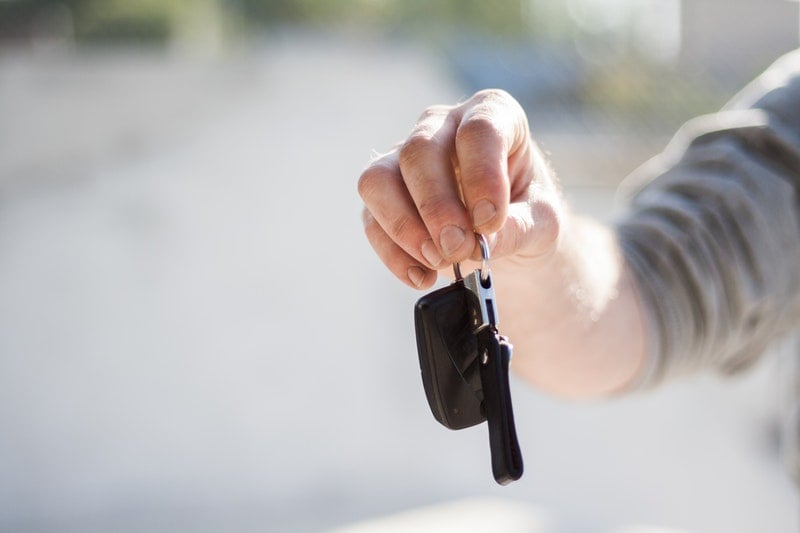Traffic accidents are frightening and oftentimes confusing. Emotions are running high. It’s difficult to calm your thoughts and know how to proceed. Hopefully, you don’t have too much experience in these situations.
And these situations can be even more confusing when there’s an extra layer of uncertainty thrown into the mix, like the involvement of a rental car. The last thing you want while you’re on vacation or a work trip is a problem that has the potential to derail your plans. A car accident can do just that.
It’s best to have all the applicable information just in case you find yourself in this situation. We’ve compiled answers to some common questions that come up in accidents such as these. This knowledge will help you position yourself to best navigate the confusing moments after an accident before you reach out to a car wreck attorney.
Personal Auto Insurance
Insurance is a big area of confusion when it comes to rental cars. The attendant helping you at the counter will usually speak with you about the options offered by the rental company. We’ll go over these options in more detail a little later. One question that many people ask at this stage is:
Does my personal auto insurance policy cover a rental car in case of an accident?
The short answer is — probably. Many personal auto insurance policies extend to rental cars, but not every one. Check with your insurance agent beforehand if you know you are going to rent a car. The coverage will depend on your particular policy, and you’ll still be on the hook for your deductible. You may also be subjected to charges from the rental company in the event of damages to the vehicle.
Types of Rental Insurance
The rental company will present their options for insurance on the rental vehicle. Your personal auto insurance policy will probably extend to these vehicles, but additional insurance is never a terrible idea. Each company will have their specific options, but there are generally four types of insurance offered in these situations.
Collision Damage Waiver
The renter is generally on the hook for any damages to the car. This includes simple scratches but can extend to more substantial damage in the event of an accident. This type of insurance covers these damages to the rental vehicle.
Supplemental Liability Protection
Liability refers to potential charges as a result of damages to other people’s property or vehicles. This would provide protection in an accident if you were to be found at fault and the other vehicle sustained damage. This can also extend to medical expenses incurred by other people involved in the accident.
Personal Accident Insurance
Just how the liability insurance covers medical expenses for others, Personal Accident Insurance covers the medical expenses incurred by the renter themself or anybody else in the rental vehicle. This can include hospital bills, ambulance rides, and so on.
Personal Effects Coverage
This covers any personal items that might be stolen, lost, or damaged while in the vehicle. Many homeowners and renters insurance policies cover these items so this coverage is not usually necessary.
Steps to Take After the Accident
Make Sure Everyone’s Okay
The very first step is to make sure everyone involved in the accident isn’t seriously injured. Even seemingly minor accidents can cause a person to sustain painful injuries. Check yourself thoroughly and ask anybody in your car if they feel any pain. Speak with the people in the other vehicle as well to make sure nobody requires immediate medical attention.
Call the Authorities
Next, contact the local police department to file a police report. This is an essential tool in case there’s a problem with the insurance, the rental company, or any other reason you might contact a car wreck attorney. This is also when you can ask for medical assistance if someone sustained an injury in the accident.
Call the Rental Company
You’ll need to alert the rental company about the accident. The rental contract essentially makes you responsible for the vehicle until it is returned, so it’s your obligation to know what happens to the car. If the accident was bad and the vehicle needs to be towed, you need the contact information for its destination. If not, you will need to drive it back to the rental company. They’ll be able to guide you through this process.



